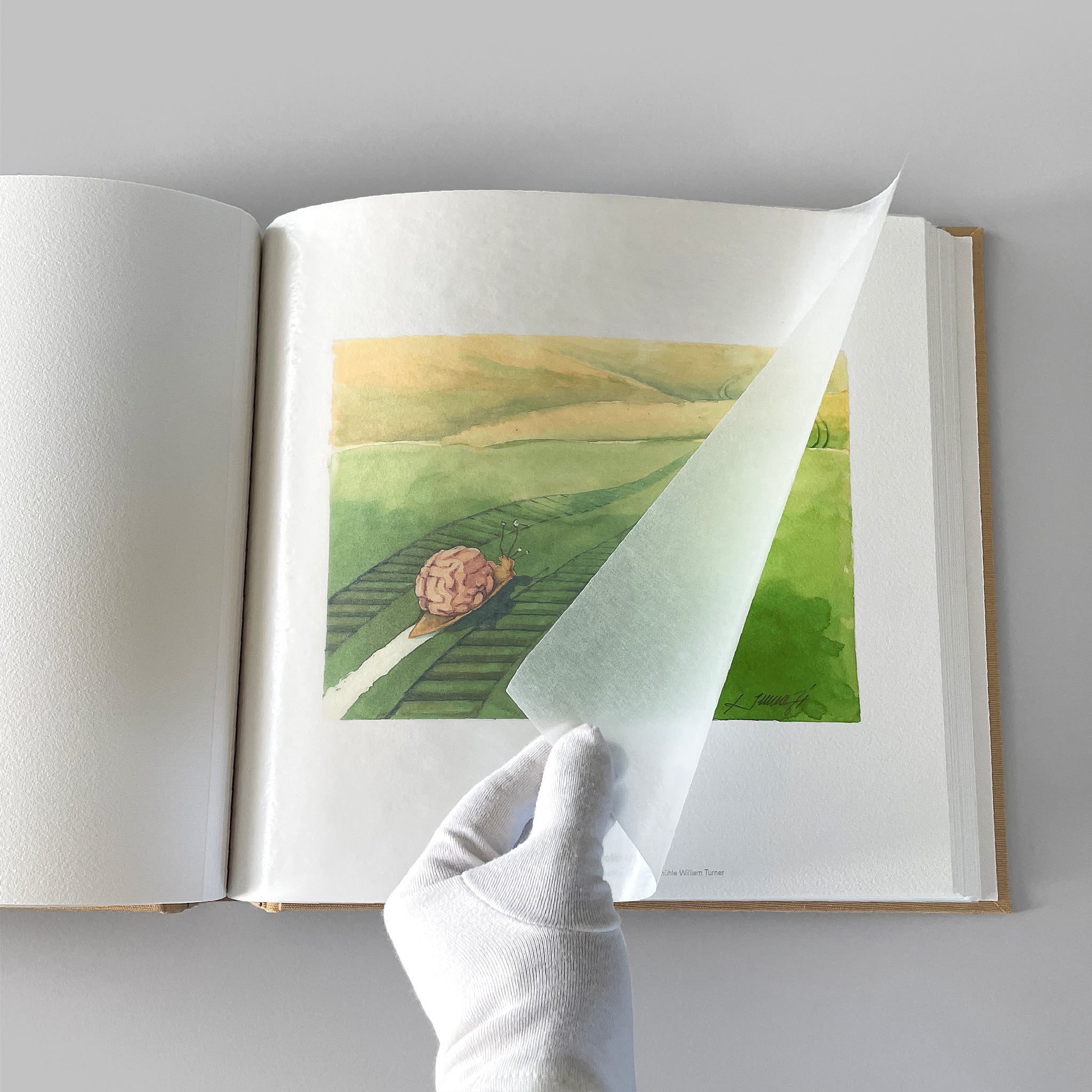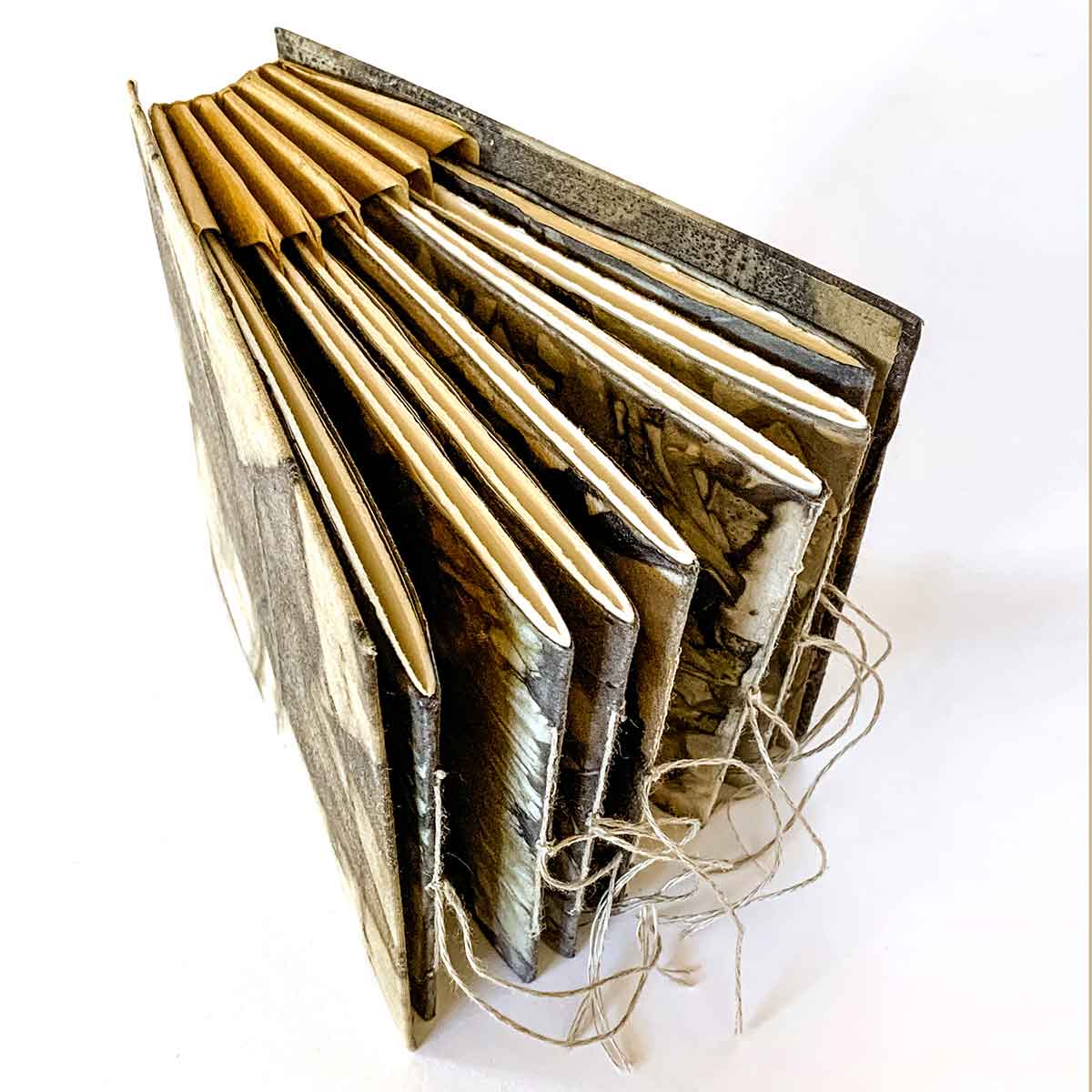The Complete Checklist for Printing a Successful art book
The Complete Checklist for Printing a Successful art book
Blog Article
Recognizing the Process Behind Top Quality Art Book Printing for Art Fanatics
When it pertains to top quality art book printing, understanding the ins and outs of the process can boost your gratitude for the last product. You could not recognize just how vital paper selection and ink options are to the vibrancy of artwork. Each aspect plays a significant function in attaining the preferred result. As you explore the numerous components of art book printing, you'll discover understandings that might change your perspective on art conservation and discussion.
The Importance of Paper Choice in Art Book Printing
When it pertains to art book printing, the selection of paper can make or break the end product. You desire your art work to shine, and the ideal paper enhances color vibrancy and information. Think about variables like weight, texture, and coating; these elements substantially influence how viewers regard your work.
For example, a larger supply shares top quality and resilience, while a distinctive surface can add deepness to pictures. Smooth paper is exceptional for comprehensive recreations, enabling fine lines and subtle shades to appear crisp.
Do not forget about the paper's brightness; a brighter sheet can help colors pop, making your art more appealing. You'll likewise intend to think of exactly how the paper communicates with inks and whether it can deal with the printing process without deforming or bleed-through. Ultimately, selecting the right paper establishes the phase for your art, guaranteeing it catches the audience's attention just as you pictured.
Picking the Right Inks for Lively Recreations
Selecting the right inks is equally as vital as picking top quality paper to attain vibrant reproductions in your art book. When you're printing artwork, you desire shades that stand out and properly stand for the original item. Select inks with a high pigment concentration; these tend to produce richer and extra saturated shades.
You could think about using historical inks, which resist fading with time, ensuring your art book remains as striking as the day it was printed. If you're collaborating with photos or digitally produced art, pigment-based inks can provide a broader color range, enhancing detail and deepness.
Don't forget the surface! Matte and shiny inks can substantially change the look of your artwork, so believe concerning the look you're intending to attain - art book. Eventually, the appropriate ink choice enhances your paper selection, producing a magnificent visual experience for your visitors
The Duty of Color Monitoring in Print Quality
Color monitoring plays an important function in attaining high print quality for your art book. It ensures that the shades you see on your display translate accurately to the printed web page. Without reliable shade management, your dynamic art work might show up dull or distorted, weakening your innovative vision.
To begin, adjust your display routinely. This step assists keep regular shade depiction. Next off, use color profiles tailored for your printer and paper type. These profiles direct the printer in replicating shades precisely, lowering disparities in between electronic and published variations.
When you prepare your documents, take into consideration making use of a shade room like Adobe RGB or CMYK, relying on your printer's specs. Always proof your work, also; an examination print can disclose any type of prospective color issues prior to the last run. By prioritizing color management, you safeguard the honesty of your art, assuring your audience experiences it as you intended.

Comprehending Different Binding Methods
Achieving the excellent seek your you can find out more art book goes beyond shade management; binding strategies likewise play a significant duty in its overall discussion and sturdiness. You have several choices to evaluate, each with its very own unique attributes.
If you're aiming for a specialist feeling, situation binding offers a strong option with a difficult cover, excellent for showcasing your artwork. On the other hand, best binding provides a versatile spine while maintaining costs down, making it a popular choice for softcover books.
Spiral binding allows your art book to lay flat, which is fantastic for showing photos without obstruction. At the same time, saddle stitching is perfect for smaller booklets, giving a tidy surface without the bulk.
Inevitably, the binding technique you select must show your artistic vision and exactly how you want viewers to involve with your job. Make sure to weigh these choices meticulously to achieve the very best result for your job.
The Effect of Publish Dimension and Format on Discussion
While the selection of print dimension and layout may seem secondary to content, they significantly influence exactly how your art work is regarded. The measurements of your prints can either enhance or diminish the impact of your pieces. Larger prints can draw viewers in, allowing them to appreciate intricate details, while smaller layouts could call for even more intimate involvement.

Preservation Strategies for Resilient Art Books
To guarantee your art books stand the examination of time, it's vital to apply efficient conservation techniques. Usage acid-free storage space boxes or protective sleeves to secure them from dust and physical damage.
When managing your books, always clean your hands or wear cotton gloves to stay clear of oils and dirt transferring onto the web pages. Avoid bending or wrinkling the spines; instead, make use of book sustains when showing them.
For included defense, consider purchasing archival-quality products for any repair services or improvements. Frequently examine your collection for signs of wear or damage, attending to visit their website concerns quickly. By complying with these straightforward strategies, you can ensure your art publications continue to be vivid and accessible for many years to find, maintaining their beauty and value for future generations.
Working together With Printers for Ideal Outcomes
When you prepare to publish your art book, picking the appropriate printer is vital to achieving your vision. Clear communication regarding your expectations and needs will assist ensure that both you and the printer are on the same page. Let's explore how to make this collaboration as seamless and effective as feasible.
Picking the Right Printer

Effective Interaction Approaches
Effective communication is crucial for turning your art book vision into truth, specifically when collaborating with printers. art book. Begin by plainly detailing your task's goals, including style aspects, recommended products, and any particular printing methods. Do not wait to share your ideas and references; this helps the printer comprehend your aesthetic
Establish routine check-ins to review progression and address any questions. Use visuals, like mock-ups or samples, to communicate your ideas a lot more successfully. Be open to responses, as printers usually have valuable understandings that can enhance your task. Ultimately, keep a favorable partnership by being considerate and satisfied of their proficiency. This cooperation will certainly ensure that your art book satisfies your expectations and shines in its last kind.
Regularly Asked Concerns
What Prevail Mistakes to Stay Clear Of in Art Book Printing?
When publishing your art book, avoid common blunders like bad resolution images, wrong shade profiles, and neglecting web page design. Do not neglect to proofread and double-check information to confirm your end product have a peek at this site meets your assumptions.
How Does Digital Printing Differ From Traditional Printing Techniques?
Digital printing uses electronic data to develop prints directly, allowing for quicker turn-around and customization. In comparison, conventional approaches include physical plates, which can be time-consuming and less flexible for little runs or unique styles.
What Is the Typical Turn-around Time for Art Book Printing?
The typical turn-around time for art book printing differs, however you can anticipate it to take anywhere from a few weeks to numerous months. Elements like intricacy, quantity, and printing technique all affect this timeline.
Can I Print a Minimal Version Art Book Economically?
You can publish a limited edition art book financially by selecting economical products, optimizing print runs, and using electronic printing options. Mindful preparation and budgeting will help you accomplish top quality without spending too much.
What Are the Ecological Considerations in Art Book Printing?
When thinking about art book printing, you must think of environment-friendly products, sustainable inks, and energy-efficient processes (art book). Selecting neighborhood printers can additionally reduce your carbon footprint, making your job both attractive and environmentally responsible
Report this page